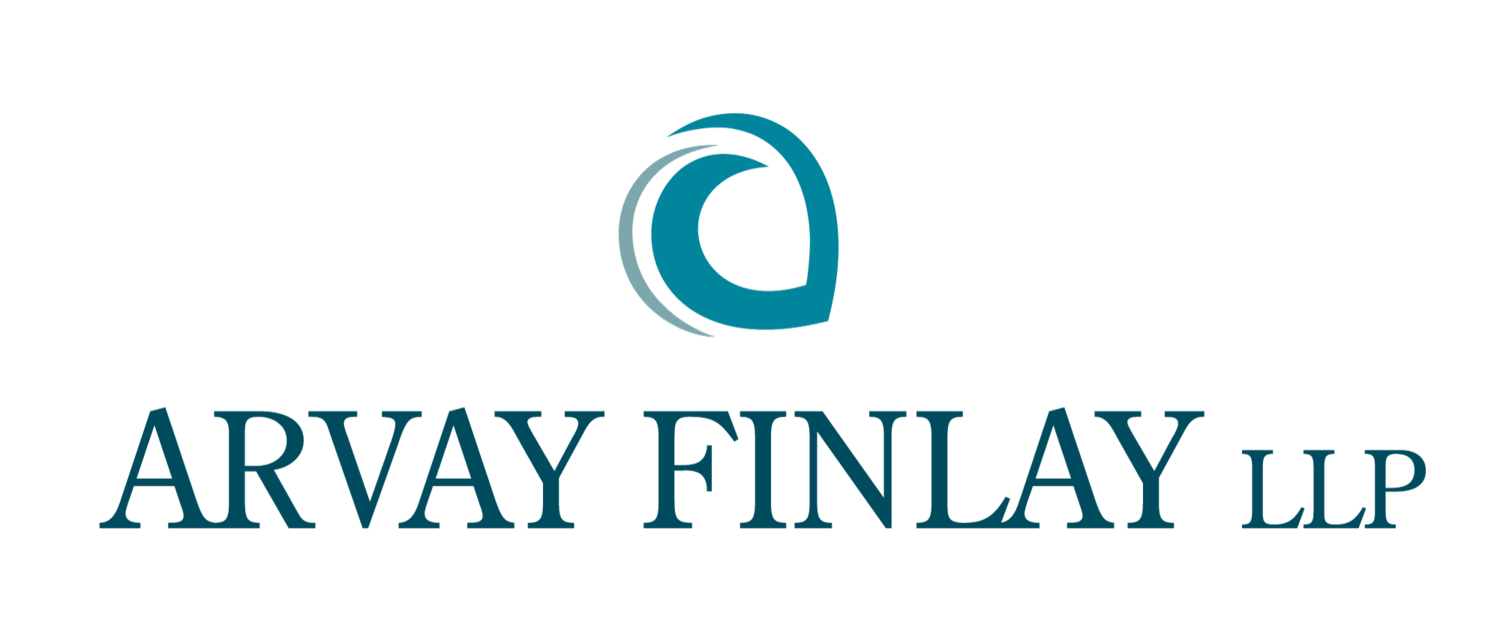This week's issue of the Lawyers Weekly features Alison Latimer on its cover. The article concerns the Supreme Court of Canada's recent significant narrowing of the scope of BC's Election Act. To read the full story, click here.
Chief Justice Awards Increased Costs for Complex Public Interest Case
The Chief Justice of British Columbia has found that the defendants in litigation involving the constitutional rights of homeless individuals in Victoria are entitled to increased costs against the Attorney General of British Columbia. The Chief Justice noted that the defendants had enjoyed real success in achieving some of their housing demands, and that it would be grossly inadequate or unjust to only award them costs on the normal scale. Catherine Boies Parker acted for the homeless defendants.
The Court's decision can be found here: British Columbia v. Adamson, 2017 BCSC 168
Supreme Court of Canada Decision is a Victory for Free Speech
Alison Latimer along with Sean Hern acted for the appellant, the BC Freedom of Information and Privacy Association, in a constitutional challenge to BC laws that require election advertising sponsors to register before they engage in election advertising. The Chief Electoral Officer, charged with enforcing the Act, interpreted this law as capturing individuals and organisations transmitting their own views by posting a handmade sign in a window, putting a bumper sticker on a car, or wearing a T-shirt with a message on it. The lower courts agreed. The Supreme Court of Canada today ruled that the law does not capture those activities. Individuals and organisations who neither pay others for advertising services nor receive advertising services from others without charge are not "sponsors" and can express their own views without registering. The Court also held that such expression is not captured by other parts of the Act, including the Act's expenditure limits.
To read the full judgment, click here.
To learn more about the essential work of the BC Freedom of Information and Privacy Association, click here.
Ontario Court of Appeal Upholds Exclusive Jurisdiction of Residential Schools' Claims Adjudicators
The Ontario Court of Appeal has held that the Independent Assessment Process (IAP) established under the Indian Residential School Settlement Agreement is a "complete code” and that the courts must preserve the finality of the IAP process and respect the expertise of IAP adjudicators. The IRSSA is the largest and most complex class action settlement in Canada. Catherine Boies Parker acted for the Chief Adjudicator of the IAP.
The Court's decision can be found here: Fontaine v. Canada (Attorney General), 2017 ONCA 26
